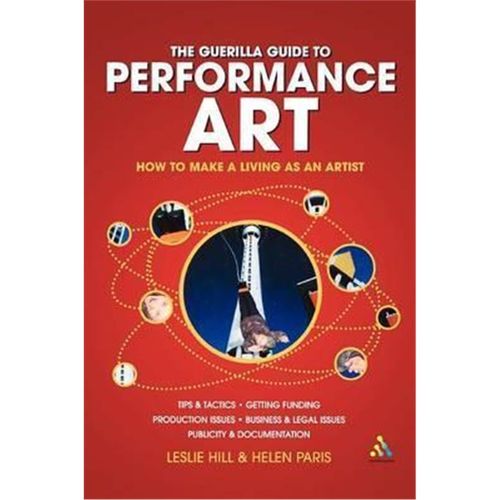How to Make a Living: A Comprehensive Guide
Figuring out how to make a living can be a daunting task, especially in today’s rapidly changing job market. Whether you’re just starting out or looking to switch careers, it’s important to explore various options and consider your skills, interests, and the current job landscape. In this article, we’ll delve into multiple dimensions to help you find a path that suits you best.
Identifying Your Skills and Interests
Understanding your strengths and passions is the first step in making a living. Reflect on the following questions to gain clarity:

- What are your natural talents and abilities?
- What activities do you enjoy and find fulfilling?
- What subjects or fields have you excelled in?
Once you have a better understanding of yourself, you can start exploring careers that align with your skills and interests.
Researching the Job Market
Before diving into a specific career, it’s crucial to research the job market to ensure there’s demand for your skills. Here are some resources to help you gather information:
- Bureau of Labor Statistics (BLS): Provides detailed information on various careers, including job outlook, median pay, and educational requirements.
- Glassdoor: Offers insights from employees about salaries, company culture, and job satisfaction.
- Indeed: A job search engine that allows you to filter jobs by location, industry, and other criteria.
Additionally, consider reaching out to professionals in your desired field to gain firsthand insights.
Acquiring the Necessary Education and Training
Some careers require formal education, while others may benefit from specialized training or certifications. Here’s a breakdown of the types of education and training you might need:

- Formal Education: Degrees from colleges and universities, such as bachelor’s, master’s, or doctoral programs.
- Technical Training: Vocational schools, trade schools, and community colleges offer courses in specific trades and professions.
- Certifications: Industry-specific credentials that demonstrate your expertise in a particular area.
- Online Courses and Workshops: Platforms like Coursera, Udemy, and LinkedIn Learning offer a wide range of courses to help you gain new skills.
Investing in your education and training can open doors to better job opportunities and higher earning potential.
Networking and Building Relationships
Networking is a vital component of making a living. Here’s how to build and maintain professional relationships:
- Join Professional Associations: Associations related to your field can provide networking opportunities, resources, and industry insights.
- Attend Industry Events: Conferences, workshops, and seminars are great places to meet professionals and learn about new trends.
- Utilize Social Media: Platforms like LinkedIn can help you connect with industry leaders and potential employers.
- Volunteer: Offering your skills to a non-profit or community organization can help you build your resume and expand your network.
Remember, networking is about building genuine relationships, not just collecting contacts.
Creating a Business
For those who prefer to be their own boss, starting a business can be a rewarding way to make a living. Here are some steps to consider:
- Identify a Niche: Find a market gap or an area where you can offer unique value.
- Develop a Business Plan: Outline your business goals, target market, marketing strategy, and financial projections.
- Secure Funding: Explore options like loans, grants, and investors to finance your venture.
- Build a Strong Online Presence: A professional website and social media profiles can help you attract customers.
- Stay Committed: Running a business requires dedication, perseverance, and adaptability.
Creating a business can be challenging, but it offers the potential for significant financial


